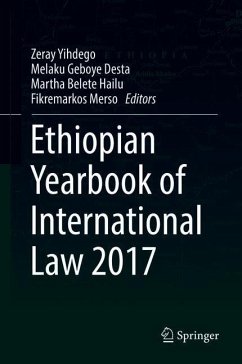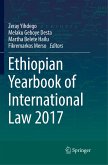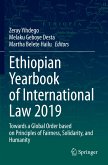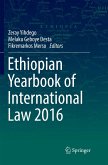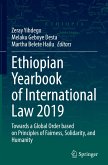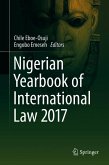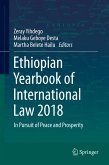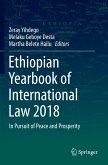The second volume of EtYIL brings together a number of articles and other contributions that, collectively, take EtYIL's original mission of helping rebalance the narrative of international law another step forward. Like the first volume, this book presents scholarly contributions on cutting-edge issues of international law that are of particular interest to Ethiopia and its sub-region, as well as Africa and developing countries more generally. The major issues tackled include the interplay between national and international in the promotion and regulation of foreign direct investment in Ethiopia; the regulatory framework for the exploitation and development of petroleum resources and relevant arbitral jurisprudence in the field; the role of international law in ensuring the equitable sharing of transboundary resources, such as the waters of the River Nile, or in the delimitation of the continental shelf in the region; the efforts to establish the Continental Free Trade Area in Africa and the lessons that can be learnt from prior experiments; Africa's policy towards the International Criminal Court and the feasibility of alternative means of serving justice in the case of grave crimes; and the UN's peace-keeping operations in their North-South context. The issues addressed in the various contributions are mostly at the heart of live political, diplomatic and judicial activities today, and as such promise to shape the future of international law in the region and beyond. This volume not only takes a significant step further towards EtYIL's mission, but also enriches it with fresh insights from perspectives that are not common in international law scholarship to this day.
Bitte wählen Sie Ihr Anliegen aus.
Rechnungen
Retourenschein anfordern
Bestellstatus
Storno

